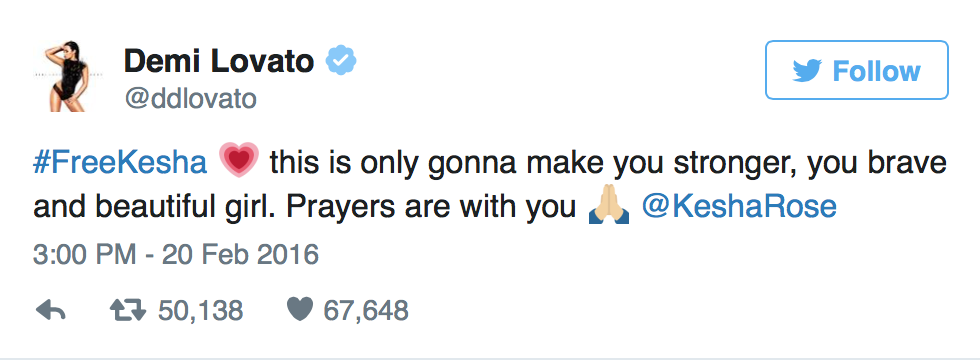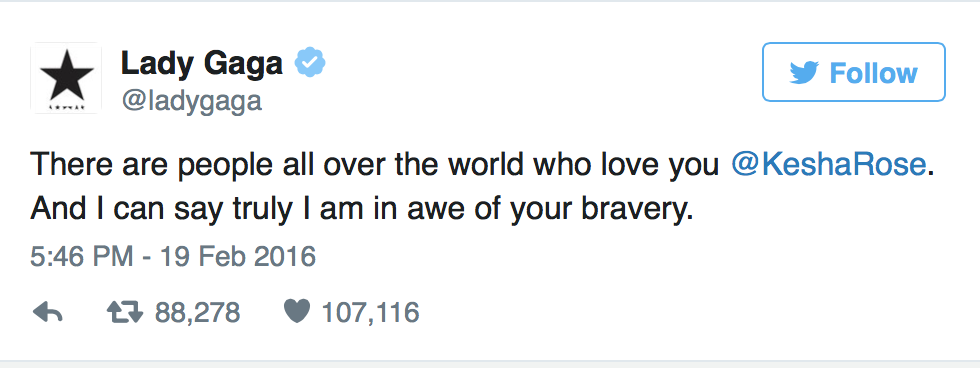On Kesha + Justice for Victims of Sexual Assault
- Blackburn Center
- Feb 24, 2016
- 2 min read
In 2014, recording artist Kesha (also known as Ke$ha) publicly accused her producer, Dr. Luke (Lukasz Gottwald), of drugging and raping her. She filed a civil lawsuit against him, alleging that he bullied her, drugged and raped her and held her to an unfair contract. In addition to damages, Kesha asked the Court to allow her to terminate her contract with Dr. Luke (negotiated when she was still a teenager) and work with other producers. Last week, a judge denied her motion for a preliminary injunction, finding that her contract was typical for the industry. This means that Kesha will have to continue to work with or alongside her alleged rapist, or choose to not record at all. Pictures from the courtroom showed Kesha sobbing as the ruling was announced. On Twitter, and across the internet, there was immediate backlash, with fellow artists and fans showing their support and demanding that Sony #FreeKesha.
What is particularly striking about this case, aside from the big names involved, is how difficult it is for even someone like Kesha — a well-known, wealthy recording artist with legions of fans — to get any measure of justice. And if someone with her fame and privilege isn’t protected by the legal system, is there hope for other victims of sexual violence?
Sexual assault is a vastly underreported crime; it is estimated that 68% of assaults are never reported. And it isn’t hard to see why so few victims report their crimes. Reporting a sexual assault can be an incredibly painful and traumatic experience, and there is a low probability that the accused will be punished. According to RAINN, only 2% of rapists ever spend a single day in jail for their crimes.
Kesha’s situation is just one example of why so many victims of sexual assault do not come forward. She made her allegations against Dr. Luke public, putting herself in an incredibly vulnerable position. She suffered emotionally, financially and professionally from doing so, and still cannot find justice — even with thousands tweeting in support of her. If she wants to work, she will have to do so with her alleged rapist. Her story sends a disheartening message to other victims of sexual assault — that reporting their assaults may only further their hurt, with very little chance of seeing their assailant punished.
If we want to encourage more victims to report their assaults, we have to change our culture. We have to stop victim-blaming, expecting “perfect victims,” and believing in the myth of false rape claims (the FBI estimates that only 2% of reported rapes are false). We need to start believing victims. Change starts on the individual level, with each of us capable of making individual choices to end rape culture. Maybe our tweets won’t help to #FreeKesha — but the decisions we make in our everyday lives can have a tremendous impact on other victims of sexual assault. Join us in making a difference — learn how you can participate in our mission below!
Learn More:










Comments